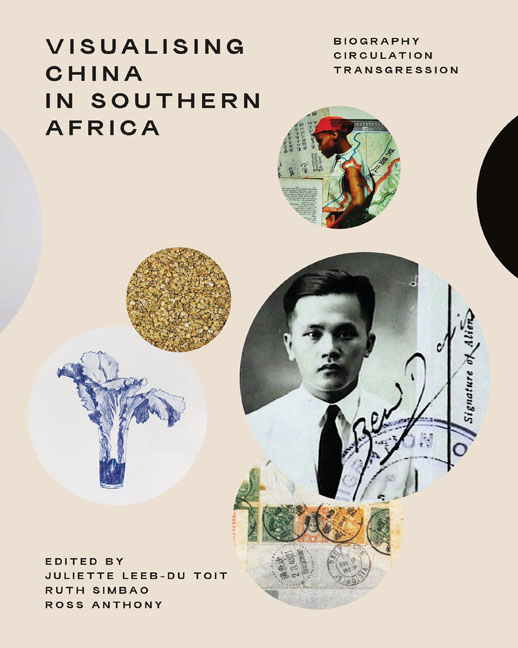10 - Moffat Takadiwa: Reincarnating Chinese Commodity Waste in Zimbabwe
Published online by Cambridge University Press: 24 November 2023
Summary
In a conversation with two friends from Zimbabwe, I mentioned that there is a large Chinese community in Harare. I was about to ask my friends if they ever engage with Chinese people, but before I could pose my question, one of them responded, ‘Those guys. They sell things.’ ‘Things’ – imported Chinese products – have played a significant role in the increasing engagements between Chinese and Zimbabweans, as well as people in various other African countries. While China is accused of flooding African markets with cheap, low-quality goods and overwhelming the already fragile local industry (Mlambo, Kushamba and Simawu 2016, 258; Li 2017, 28), these products are still prevalent in local markets, and more and more Africans are involved in their importation (Park 2013).
This chapter focuses on the artist Moffat Takadiwa, who is based in Harare. These ‘things’ are also a visible reality in his everyday lived experiences, and he employs them in his artwork in order to address certain social issues. Working with the consumer waste of made-in-China products, his work is not only a visual commentary on the phenomenon of the flood of Chinese goods, but also an intervention into the material reality of China in Zimbabwe. In my analysis of his work, I shift from the typical art-historical concern of visuality to an emphasis on materiality and, in particular, the artist's process of grappling with this materiality. Through interviews, field research and visual analysis, I foreground the artist's perspective on the consumer culture and urban transition in Harare, which transformed from a ‘European settler-colonial “sunshine city” to a “zhing-zhong” African city’ (Mbiba 2017, 375). More importantly, this chapter employs the social life of objects as a method to unfold the way in which Takadiwa materialises people's lived experiences through the consumer waste of made-in-China commodities. In so doing, I demonstrate the value in approaching the broader discussion on Africa–China engagements in relation to contemporary art which, with its expressive capacity, embraces contradictions and complexities (Simbao 2012a).
‘THINGS’ AND THE ZIMBABWE–CHINA RELATIONSHIP
Zimbabwe's engagement with the People's Republic of China stretches back to China's assistance to the Zimbabwe African National Union (ZANU) led by Robert Mugabe during the liberation struggle against white rule in the former Rhodesia. However, the economic engagements between these two countries were only intensified at the beginning of this century.
- Type
- Chapter
- Information
- Visualising China in Southern AfricaBiography, Circulation, Transgression, pp. 212 - 228Publisher: Wits University PressPrint publication year: 2023



